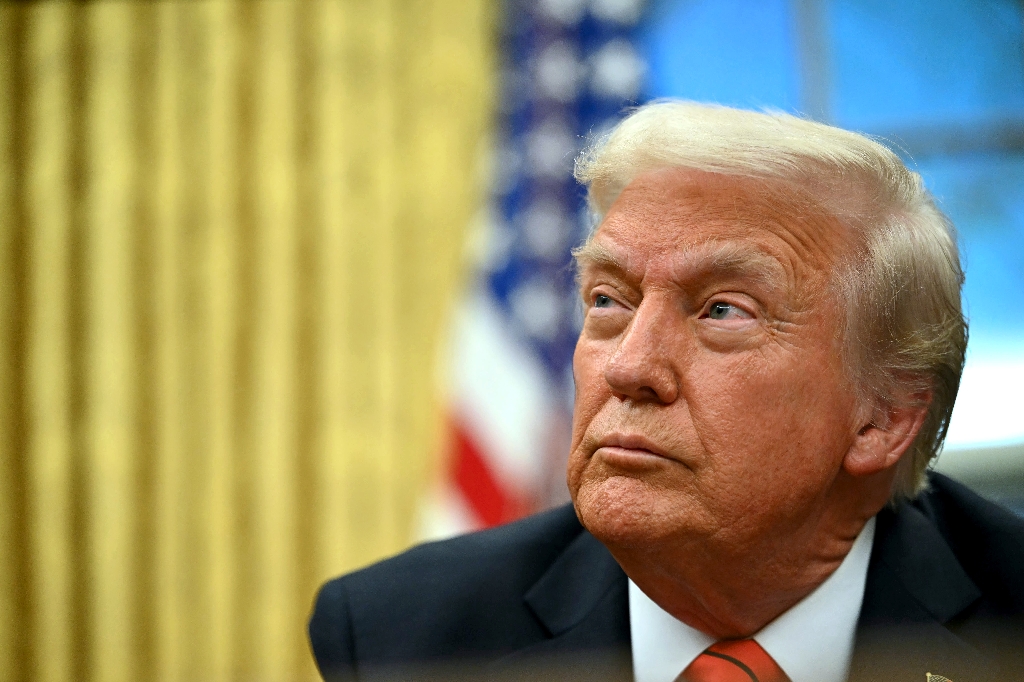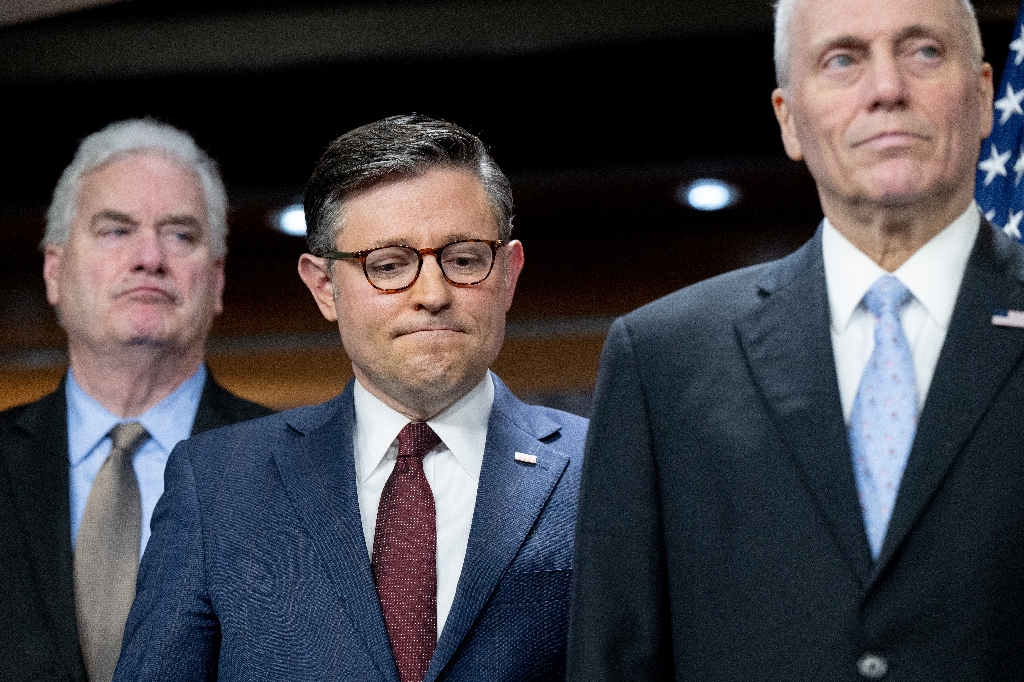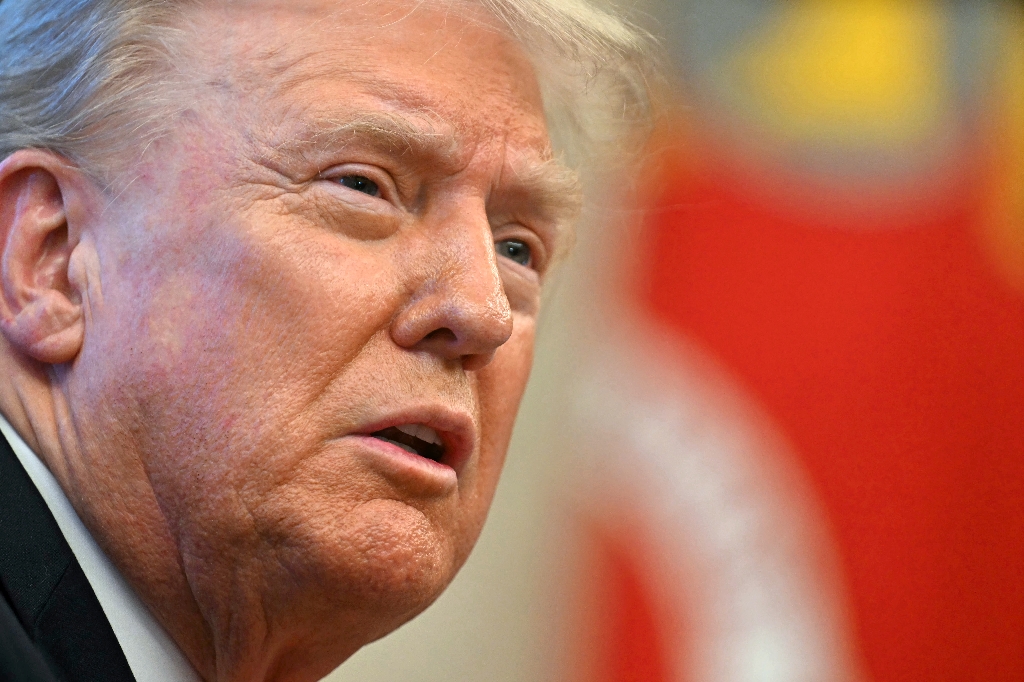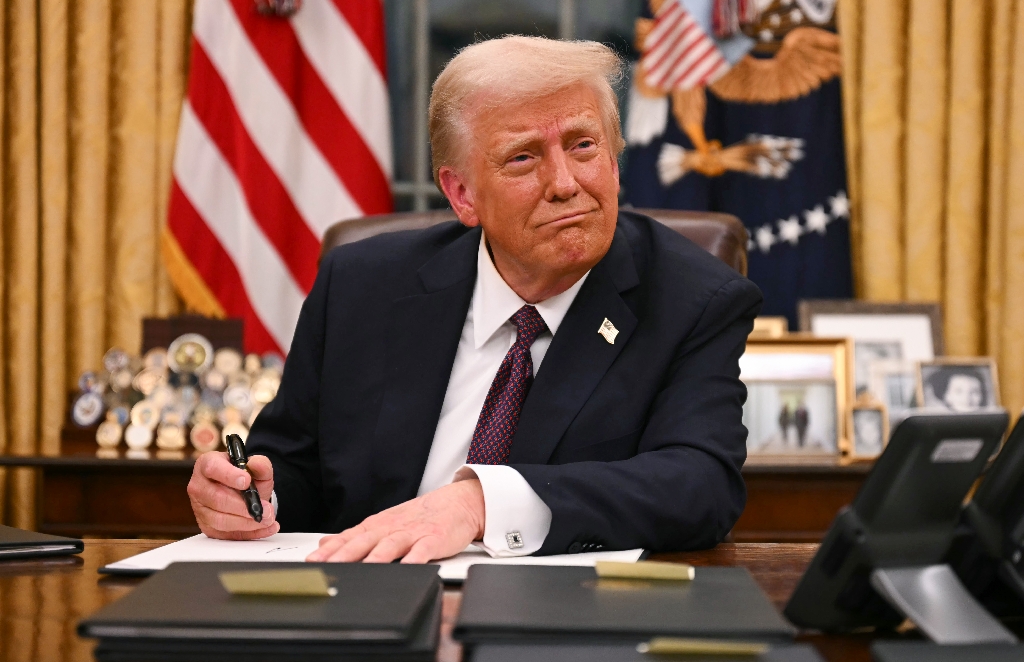The shock of a Hamas assault has restored the United States to a familiar role as unequivocal backer of Israel, using its leverage not to encourage calm but to shield its ally.
Prime Minister Benjamin Netanyahu has historically had rocky relations with Democratic presidents such as Joe Biden over the Israeli leader’s opposition to Palestinian sovereignty and engagement with Iran and, most recently, his hard-right government’s overhaul of the judiciary.
Biden had already turned a page with Netanyahu in pursuit of a potentially landmark Israeli-Saudi normalization deal. That prospect is now likely on hold, but the violence has also pushed his differences with Netanyahu farther into the rear view.
The US president has promised “full support” for Israel, sent munitions and ordered warships to the eastern Mediterranean — a veiled warning to Hamas backer Iran.
At the UN Security Council, Washington pushed for full-throated condemnation of Hamas, while Moscow sought a broader statement backing a return to a Middle East peace process.
The US response to the bloodshed has not been “the usual jargon about calling on all sides to exercise restraint. It was, we’ll give Israel whatever it needs, and making clear unambiguous support,” said David Makovsky of the Washington Institute for Near East Policy.
He expected US diplomacy to focus on protecting Israel, including from UN censure, and freeing hostages rather than pressuring Netanyahu.
“This is clearly Israel’s 9/11, and I think the administration feels its role is to give Israel the breathing space it needs,” Makovsky said.
– Not time to question Israel? –
Biden’s predecessor Donald Trump, with the backing of his evangelical Christian base, had pushed through a wish list for Israel including recognizing Jerusalem as its capital.
The Biden team returned to earlier US calls for a Palestinian state but did little to advance the goal, seeing zero chance under Netanyahu.
But the violence of the Hamas assault, which included killing 270 revelers at a music festival, stunned US officials.
Asked about protecting civilians in Gaza as Israel cut off electricity, water and food to the impoverished territory, National Security Council spokesman John Kirby replied only that “Israel has the right to defend itself” and noted it was doing so “very aggressively” due to the scope of the Hamas violence.
The US envoy to combat anti-Semitism, Deborah Lipstadt, earlier called the Hamas attacks “the most lethal assault against Jews since the Holocaust” and said, “No one has the right to tell Israel how to defend itself and prevent and deter future attacks.”
Martin Indyk, a former US ambassador to Israel now at the Council on Foreign Relations, said that even if Biden encouraged Netanyahu to show restraint, it is “likely to fall on deaf ears at this point.”
But an extended Israeli operation risks further inflaming the Middle East — exactly what the Biden administration has sought to avoid as it focuses on global competition with China and Russia, which both work closely with Iran and have warming ties with Saudi Arabia.
“From a values point of view, the US stands with Israel; from an interest point of view, the US needs to shove out Russia and China,” said Laura Blumenfeld, a former senior policy advisor to the State Department’s Israel-Palestinian negotiating team.
Blumenfeld, now a senior fellow at Johns Hopkins University’s School for Advanced International Studies, said that Saudi Arabia could choose another side if it perceives Israel as weak.
“This is Middle East tennis and if you’re considering going into a doubles game, it’s doubles with hand-grenades and no one wants a partner who swings and misses,” she said.
– Criticism on left –
Since the Hamas attacks, Trump’s Republican Party has slammed Biden over his quiet diplomacy with Iran, although both parties rallied around Israel and calls for more military aid.
But Israel’s once rock-solid support in the US Congress has declined in recent years, with Netanyahu facing sharp criticism from the left on policies such as his government’s unapologetic pursuit of settlements in the occupied West Bank.
Phyllis Bennis of the progressive Institute for Policy Studies said that the United States had the power to insist on accountability for both Hamas and Israel over harm to civilians.
“If you’re serious about ending the violence, you have to look at root causes, as unwilling as so many are to do that,” she said.
“Anybody who says we have to understand why this happens is seen as justifying it, which is really wrong. There’s no justification for attacks on civilians, full stop.”
But she feared that the United States would play a “very dangerous role” in justifying Israeli actions in Gaza.
“That could be devastating,” she said. – Shaun TANDON










